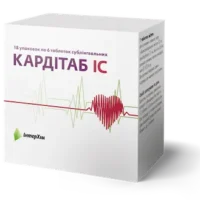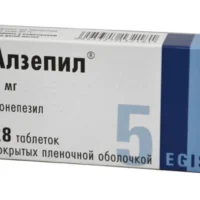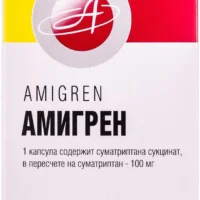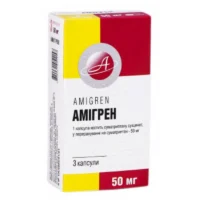Description
Risset (Risperidone) Coated Tablets 4 mg. №20
Ingredients
- Active ingredient: Risperidone 4 mg.
- Other ingredients: lactose monohydrate, maize starch, microcrystalline cellulose, colloidal anhydrous silica, magnesium stearate, hypromellose, macrogol 400, titanium dioxide (E171).
Dosage
Recommended dosage: The usual starting dose is 2 mg per day. Your doctor may adjust the dose depending on your condition. Do not exceed 16 mg per day.
Indications
Risset tablets are indicated for the treatment of: schizophrenia, bipolar disorder, and irritability associated with autistic disorder.
Contraindications
Do not take Risset tablets if you:
- Are allergic to risperidone or any other ingredients in the tablets.
- Have a history of neuroleptic malignant syndrome.
- Are pregnant or breastfeeding.
Directions
How to take: Swallow the tablet whole with a glass of water. Do not crush or chew the tablet. Take as directed by your healthcare provider.
Scientific Evidence
Risperidone, the active ingredient in Risset tablets, is a second-generation antipsychotic that works by blocking the receptors for dopamine and serotonin in the brain. Studies have shown that risperidone is effective in treating the positive and negative symptoms of schizophrenia and bipolar disorder. Research also suggests that risperidone may help improve cognitive function in some patients with schizophrenia.
Additional Information
It is important to follow your doctor’s instructions when taking Risset tablets. Regular monitoring may be required to assess the medication’s effectiveness and any potential side effects. Contact your healthcare provider if you experience any unusual symptoms or side effects while taking this medication.
Pharmacological Effects
Risperidone exerts its pharmacological effects by antagonizing dopamine D2 receptors and serotonin 5-HT2A receptors in the brain. By modulating the activity of these neurotransmitters, risperidone helps to alleviate symptoms of psychosis, such as hallucinations and delusions. Additionally, risperidone’s antagonistic effects on serotonin receptors contribute to its efficacy in managing mood symptoms in bipolar disorder.
Clinical Trials and Comparative Effectiveness
Clinical trials have demonstrated the efficacy of risperidone in the treatment of schizophrenia and bipolar disorder. In comparative studies, risperidone has shown similar effectiveness to other antipsychotic medications while offering a favorable side effect profile. Research suggests that risperidone may have a lower risk of metabolic side effects compared to some other antipsychotics, making it a preferred choice for certain patients.





